Blood pressure is necessary for all humans, as it helps carry blood to every part of the body. However, a blood pressure that is too high — also known as hypertension — can be very harmful. It can force your heart work harder, increasing the likelihood of a heart attack or stroke. With that said, keeping your blood pressure in an ideal range is essential for your overall health.
Are you interested in learning more about high blood pressure, including its cases and possible treatments? This family healthcare provider in Cedar Lake, Indiana is going to discuss some of the key things you should know below.
First: What is blood pressure?
Before we get into the discussion of high blood pressure, it’s important to first understand what blood pressure is. Simply put, blood pressure measures how hard your heart works to pump blood around your body. When your heart beats, it contracts and forces blood through tube-like vessels called arteries, increasing blood pressure. Your arteries carry the blood from the heart and supply it to all body parts.
Arteries are strong and stretchy, so they can handle high pressure without breaking. However, our arteries become less flexible as we age, resulting in increased blood pressure. This is why checking blood pressure is important, especially in older adults.
When a family healthcare provider in Cedar Lake, Indiana measures your blood pressure, they use two numbers to understand how much force your blood uses to get through your arteries. The first and higher number, systolic pressure, measures the pressure in the arteries when the heart beats. The second and lower number, diastolic pressure, measures the pressure when your heart rests between beats.
Ideal blood pressure is when the systolic pressure is between 105 to 139 and the diastolic pressure is between 65 to 89. These numbers tell your doctor how well your heart and arteries are working. Managing your blood pressure is good for your heart and helps you stay healthy.
What causes high blood pressure?
High blood pressure has many risk factors, but age is typically the main one. As people age, blood vessels naturally thicken and stiffen, making it harder for blood to flow through them easily. These changes increase the risk of high blood pressure.
Another reason for high blood pressure is increased salt consumption. High-sodium foods (like many packaged foods) can provoke water retention, and this extra water can raise your blood pressure by increasing the blood volume inside your vessels. The higher the volume of blood circulating, the higher the pressure on your vessel walls.
Obesity is another factor that can lead to high blood pressure. This is because the heart has to work harder to pump and circulate blood to a larger body. Certain health conditions like diabetes and kidney disease can also cause high blood pressure, as can certain medicines — Including those used to treat pain, depression, and the common cold.
How do we treat high blood pressure?
The first step is to change your everyday habits. Your family healthcare provider in Cedar Lake, Indiana will recommend avoiding foods that contain too much sodium and unhealthy fats helps. Taking on a more active lifestyle can also make a big difference in your blood pressure. Exercise makes your arteries wider and more flexible, which is good for controlling blood pressure. Additionally, there are safe and affordable medicines to treat high blood pressure.
Looking for an Affordable Family Healthcare Provider in Cedar Lake, Indiana?
High blood pressure is a “silent killer” that should be managed appropriately to maintain optimal health. Are you ready to meet with an affordable family healthcare provider in Cedar Lake, Indiana that can help you manage high blood pressure? If so, 219 Health Network has several providers on staff who can offer the specialized care you need.
Contact us today at 833-219-0001 to learn how we can help.

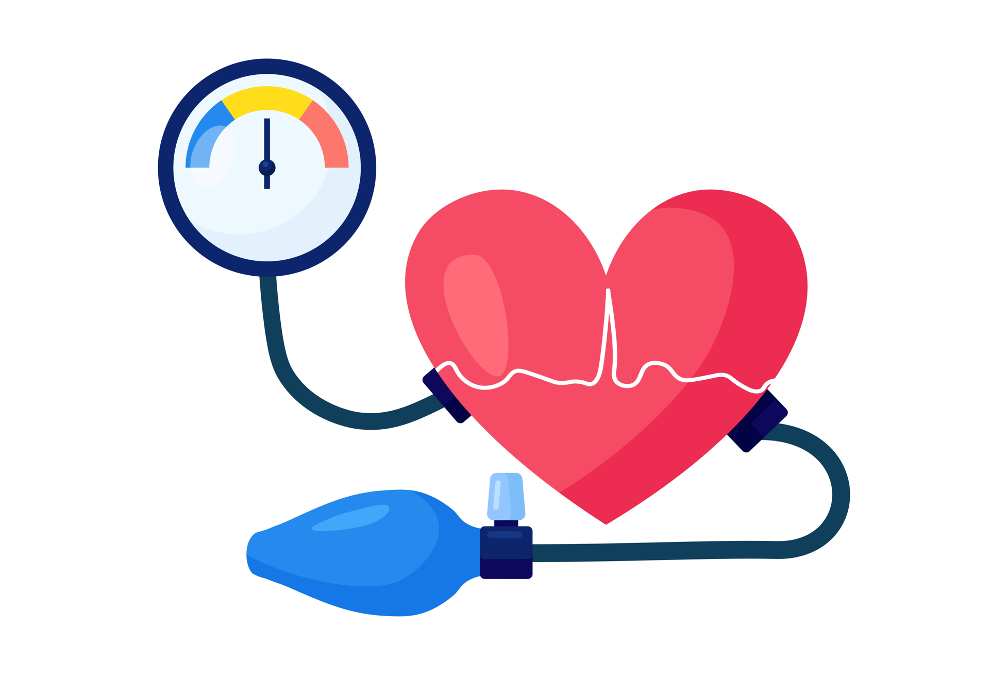

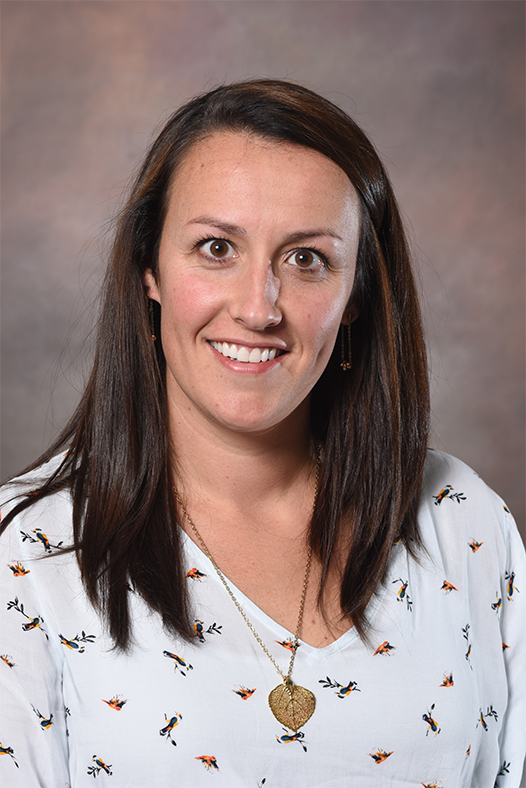
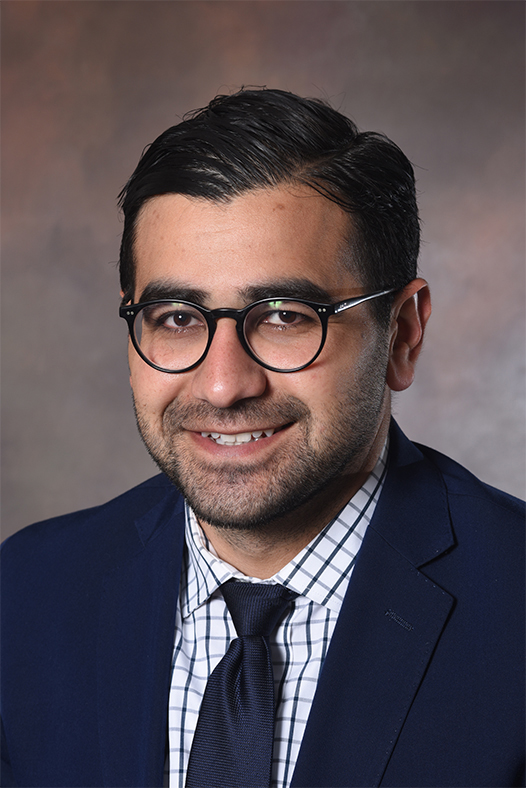
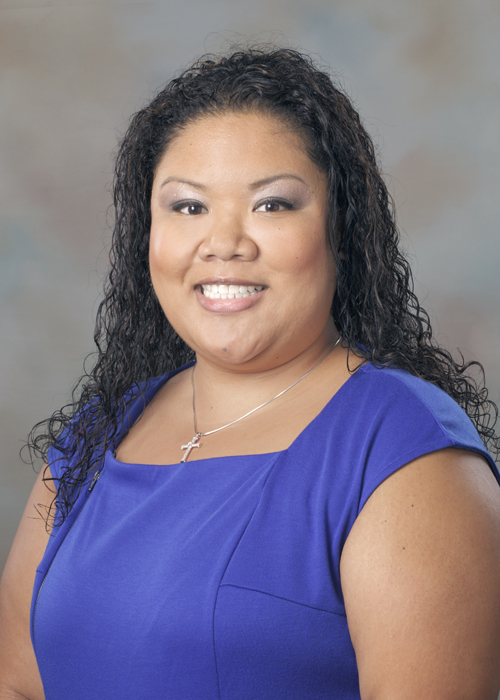
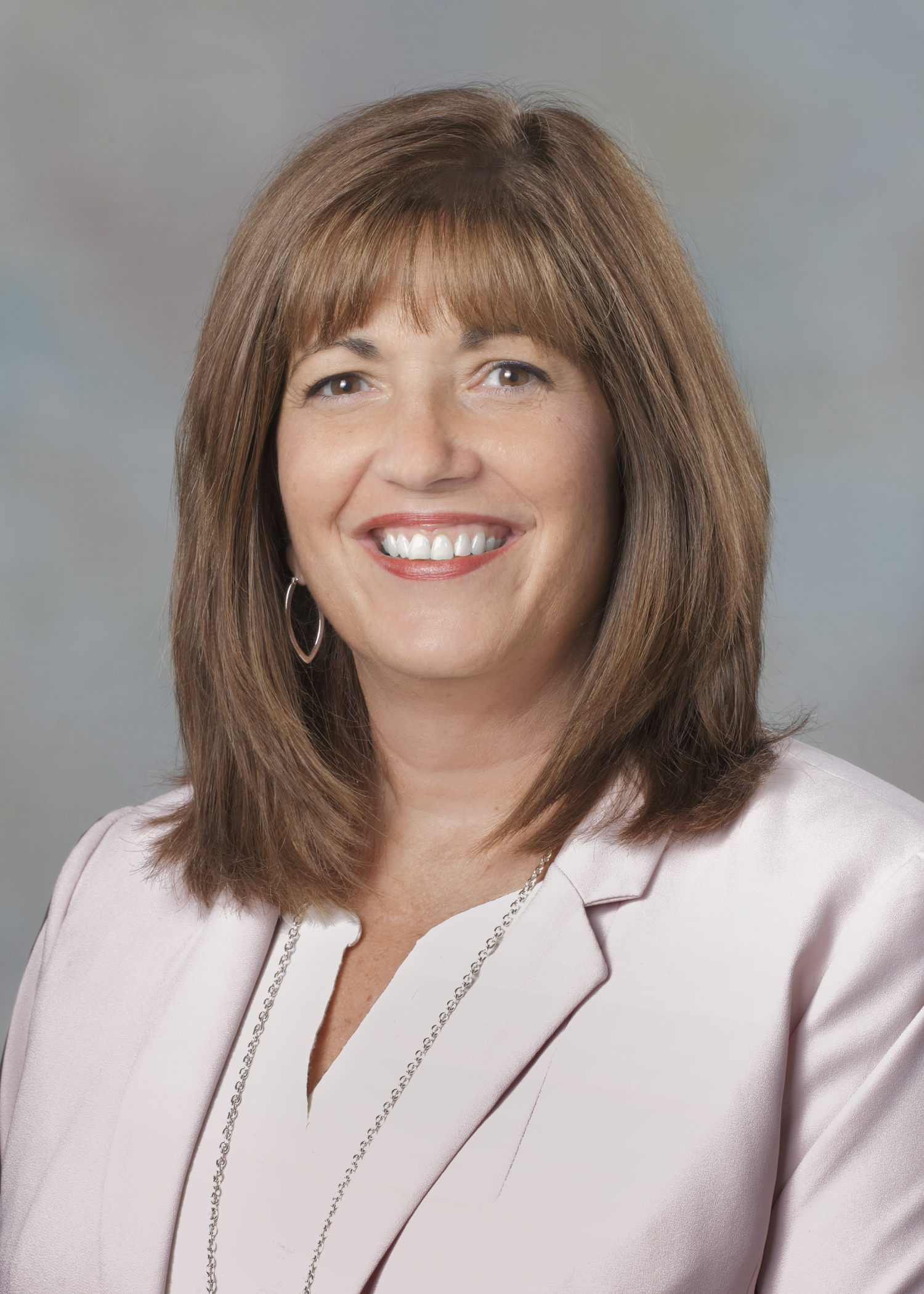
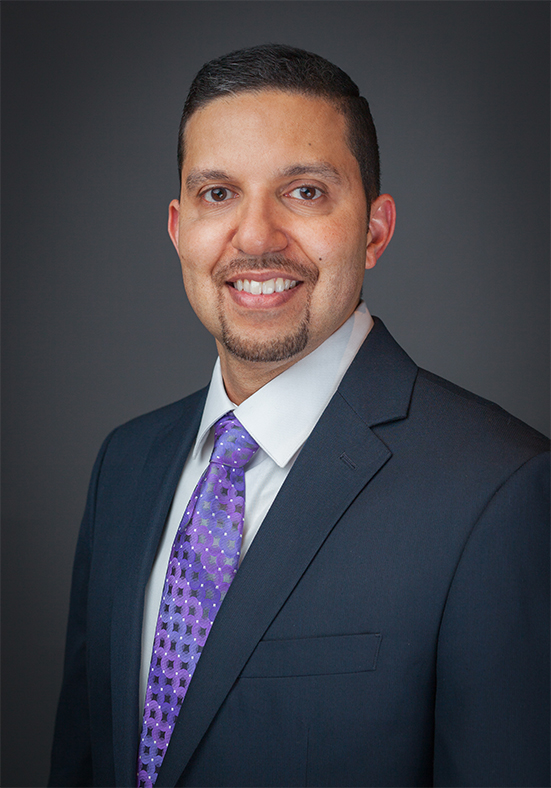




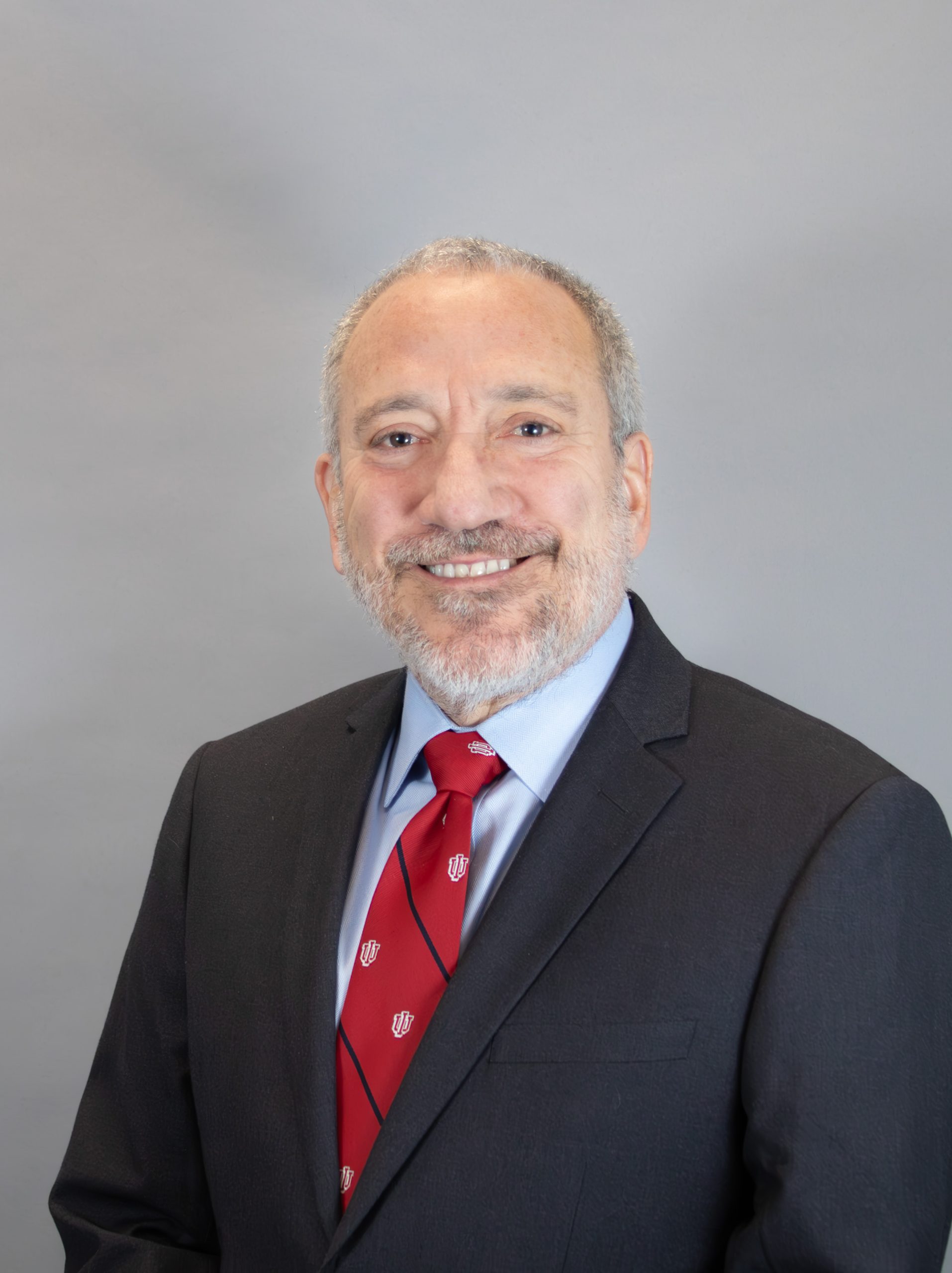
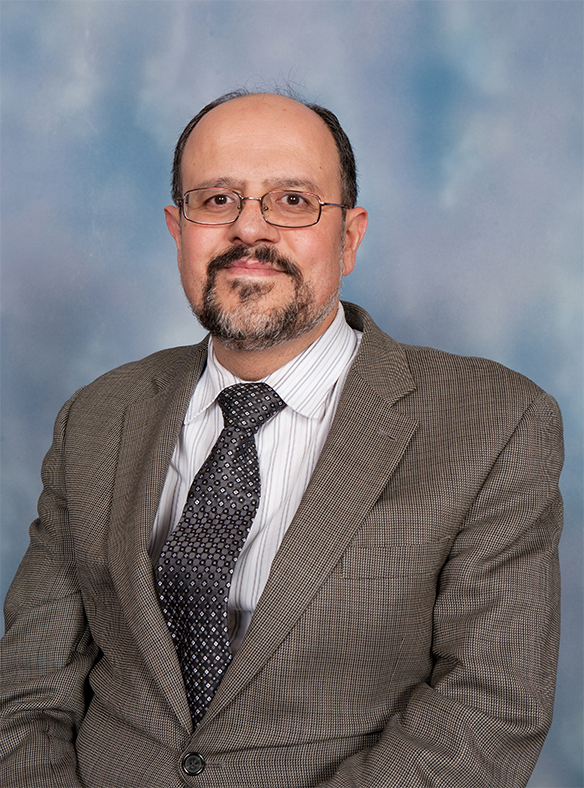


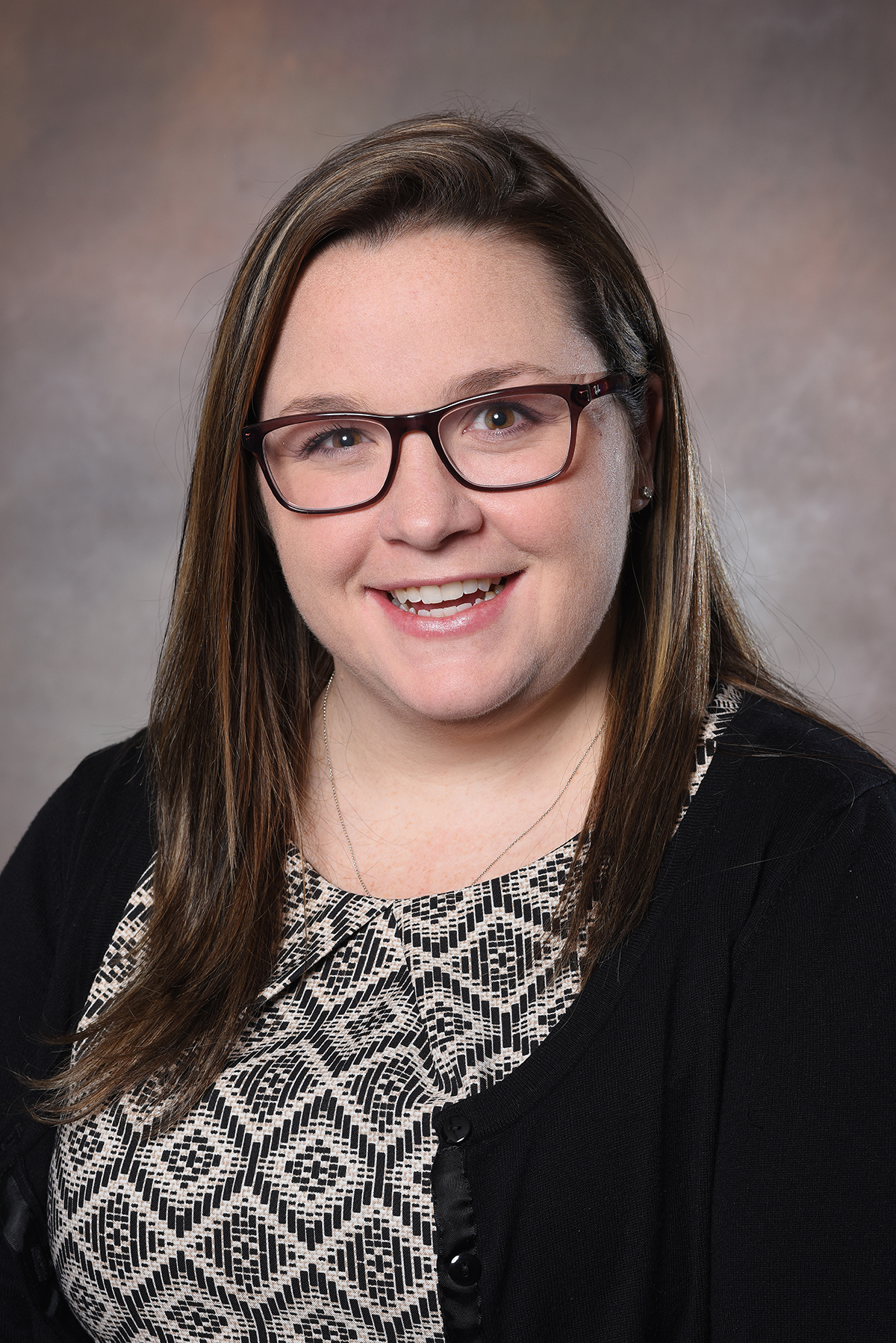
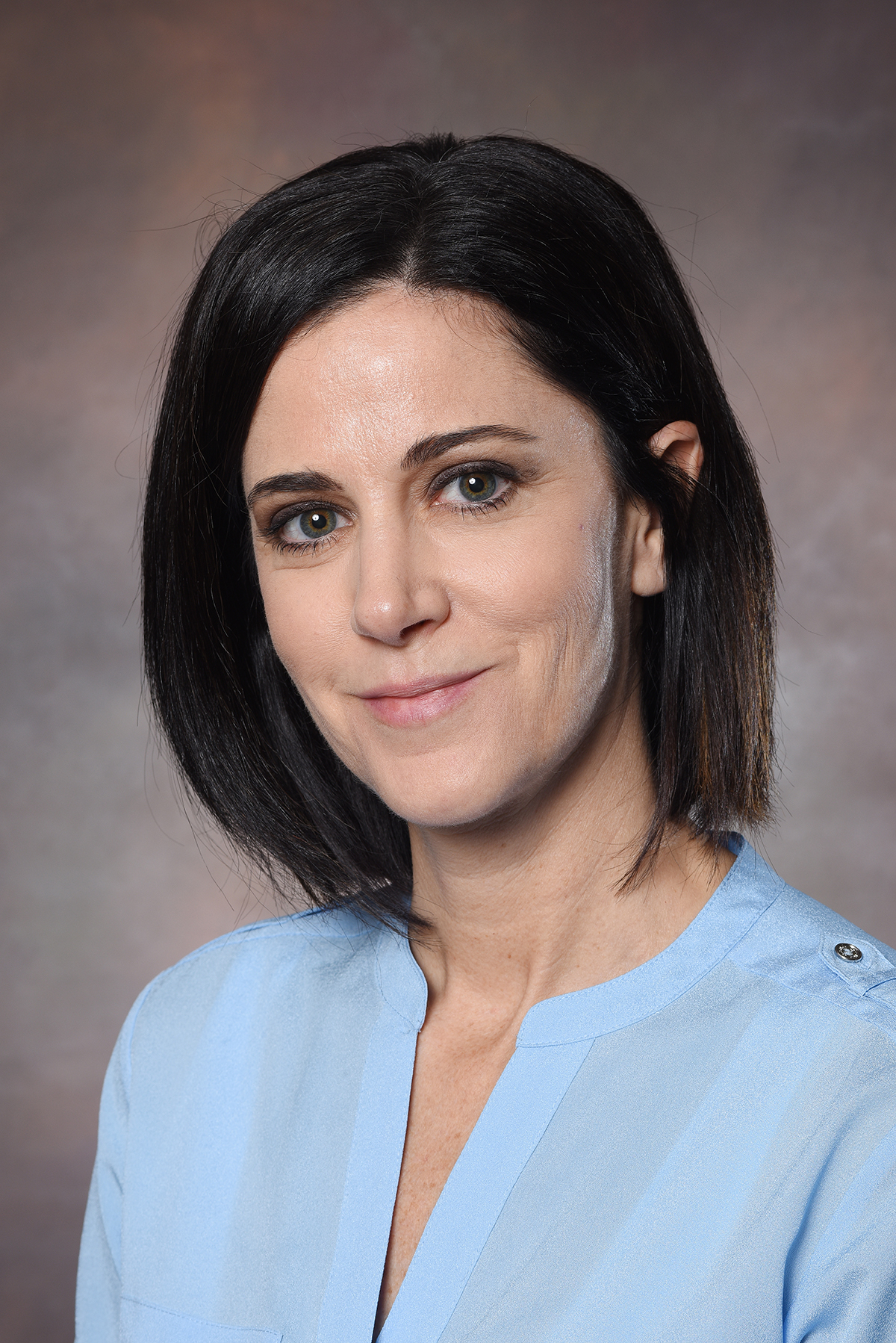

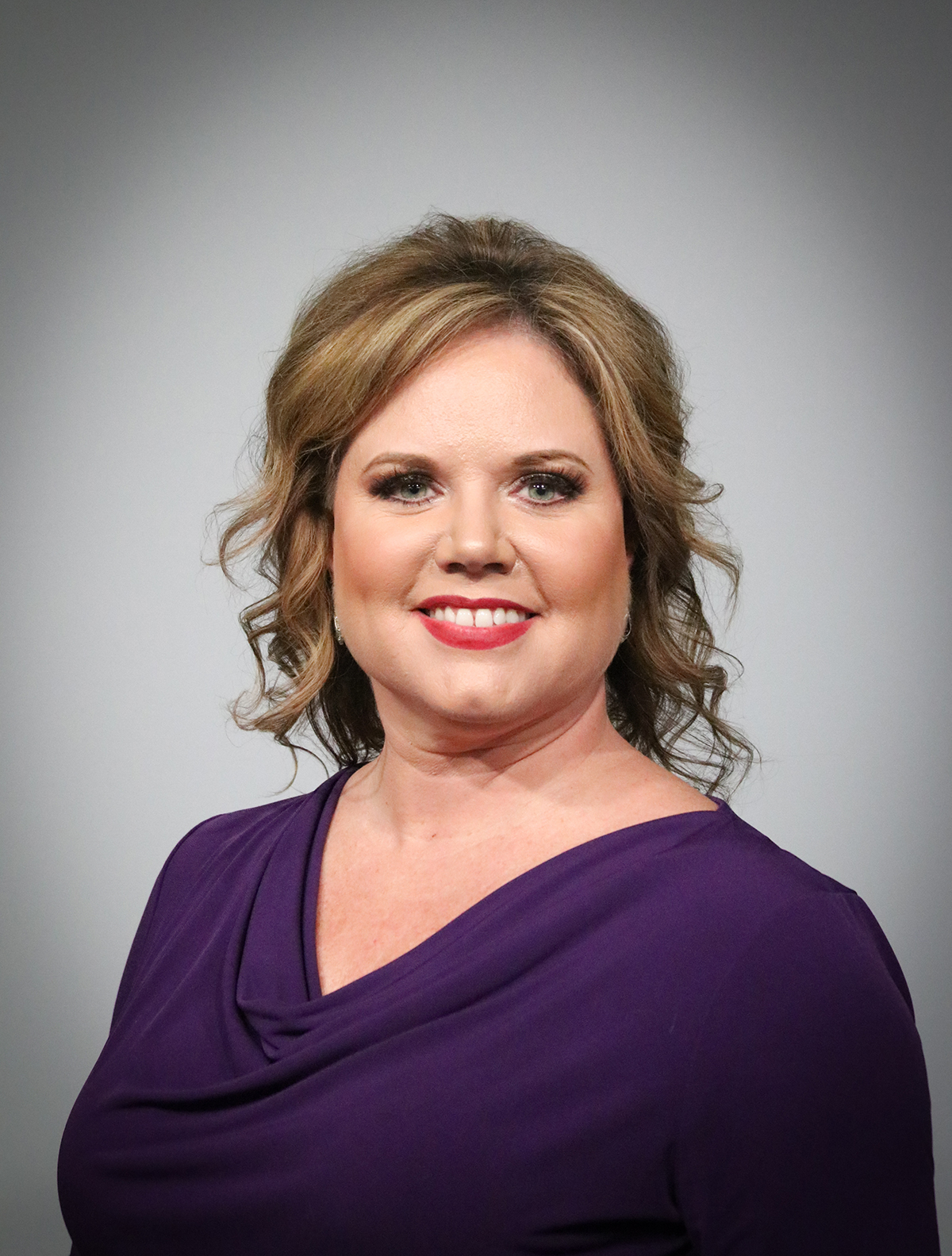

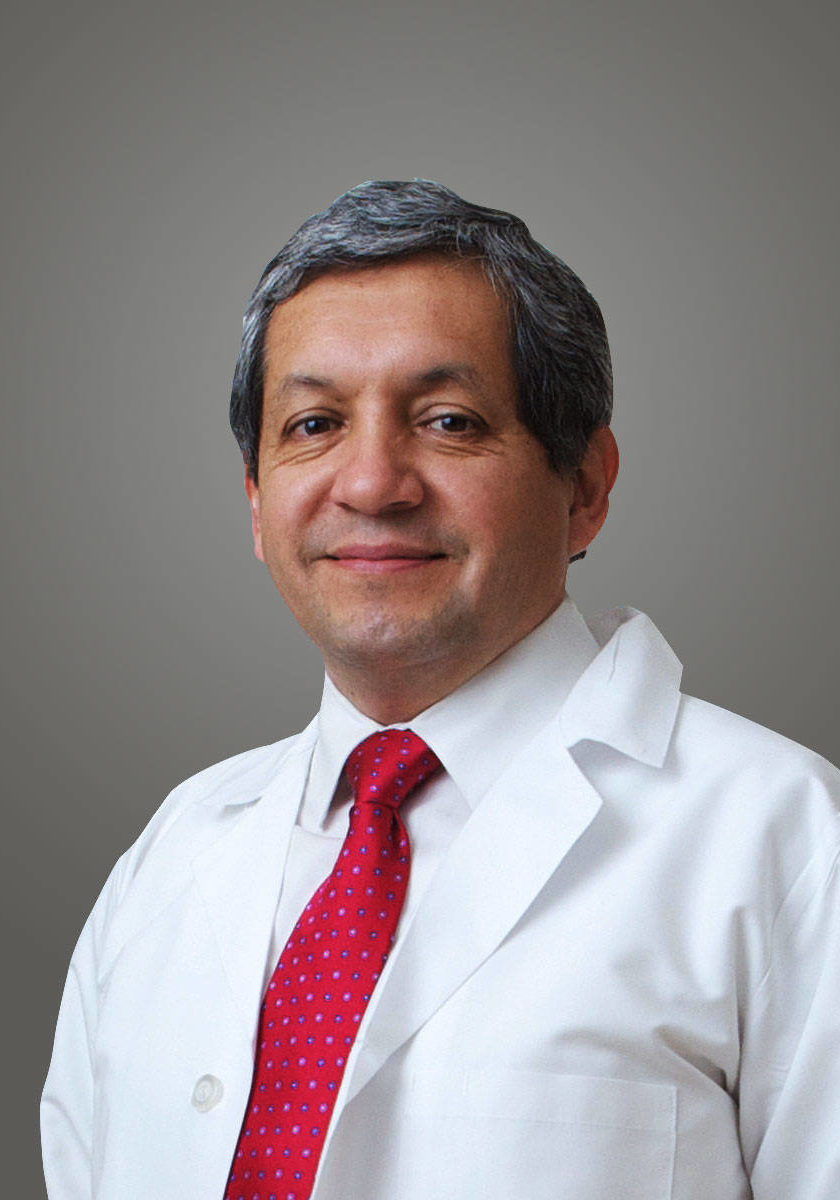
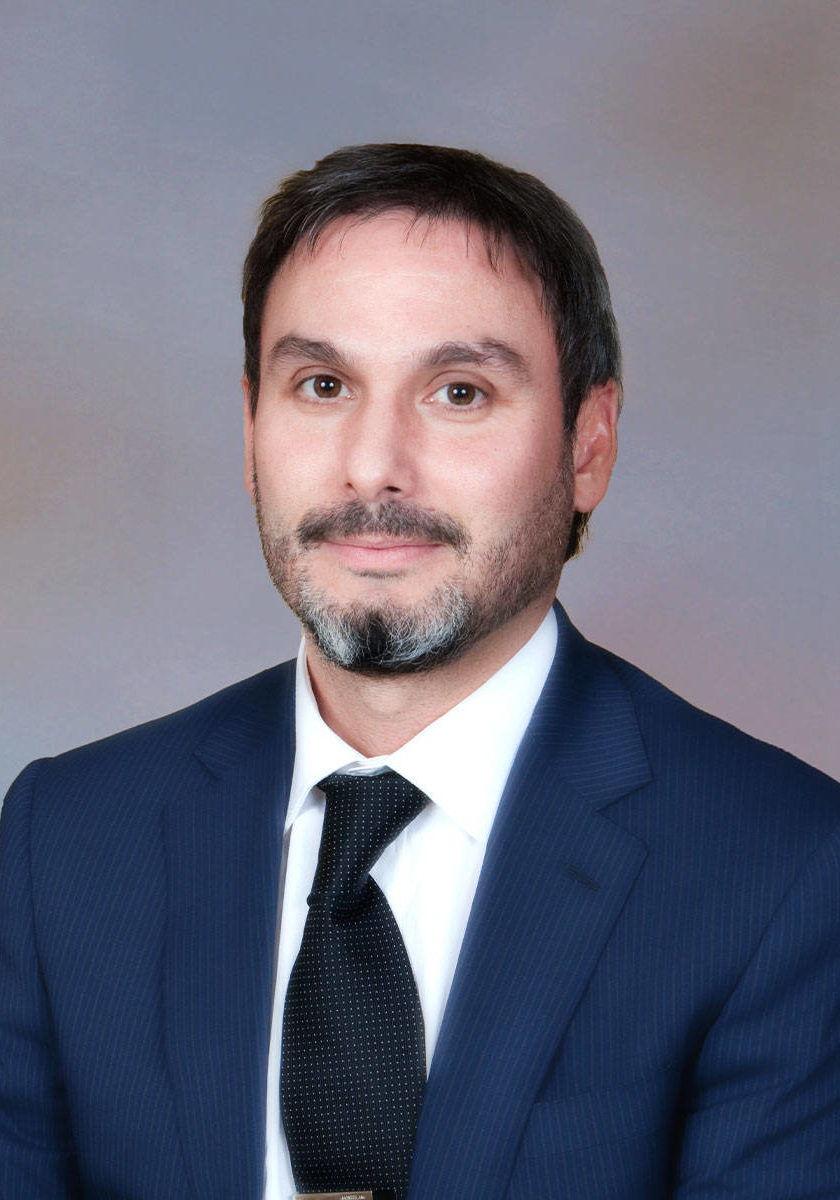

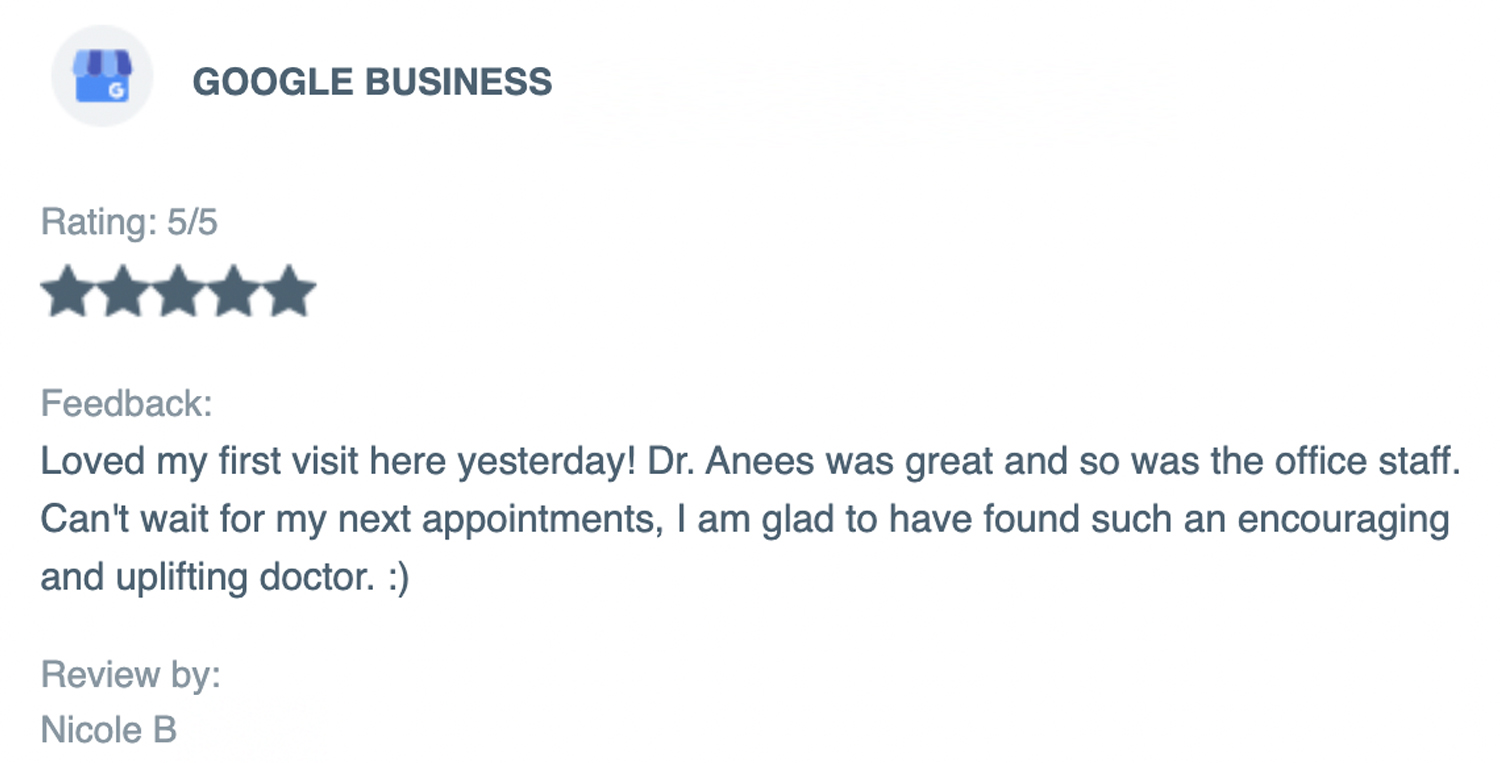
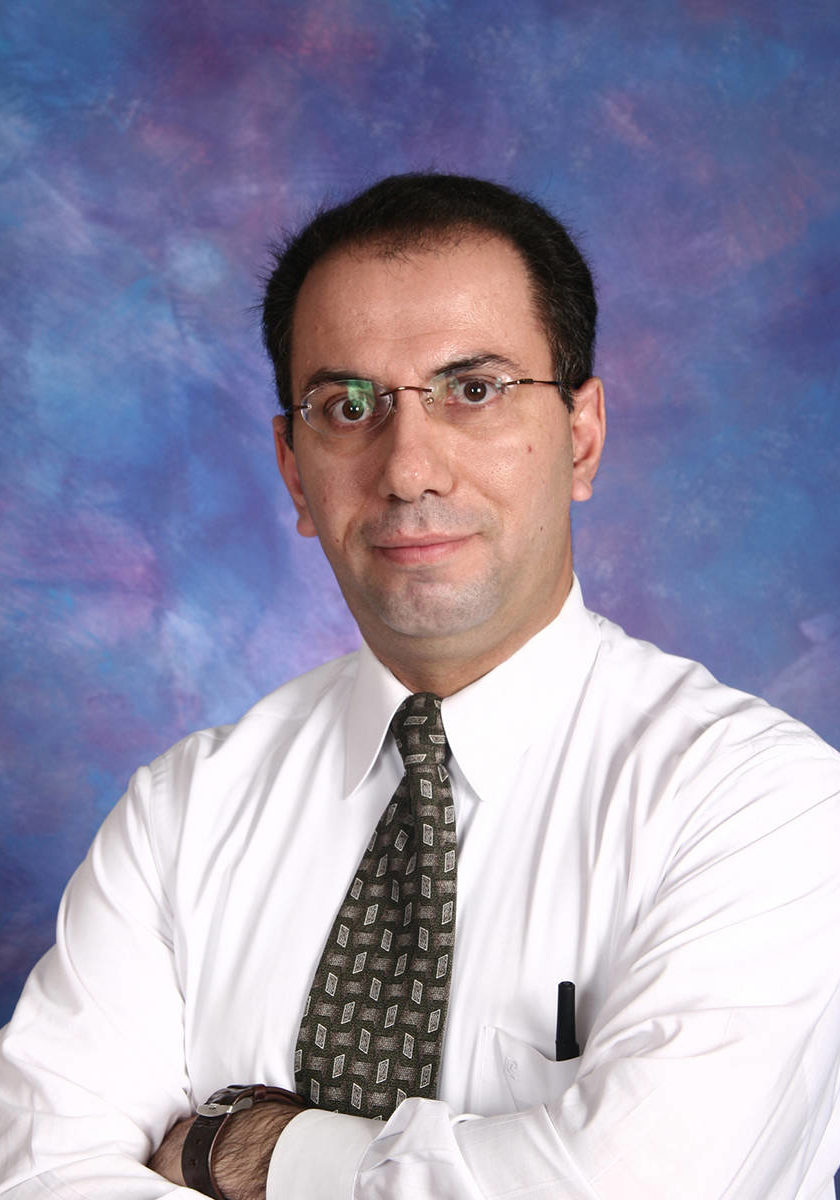

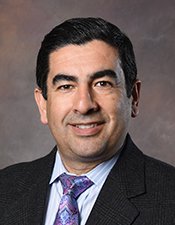



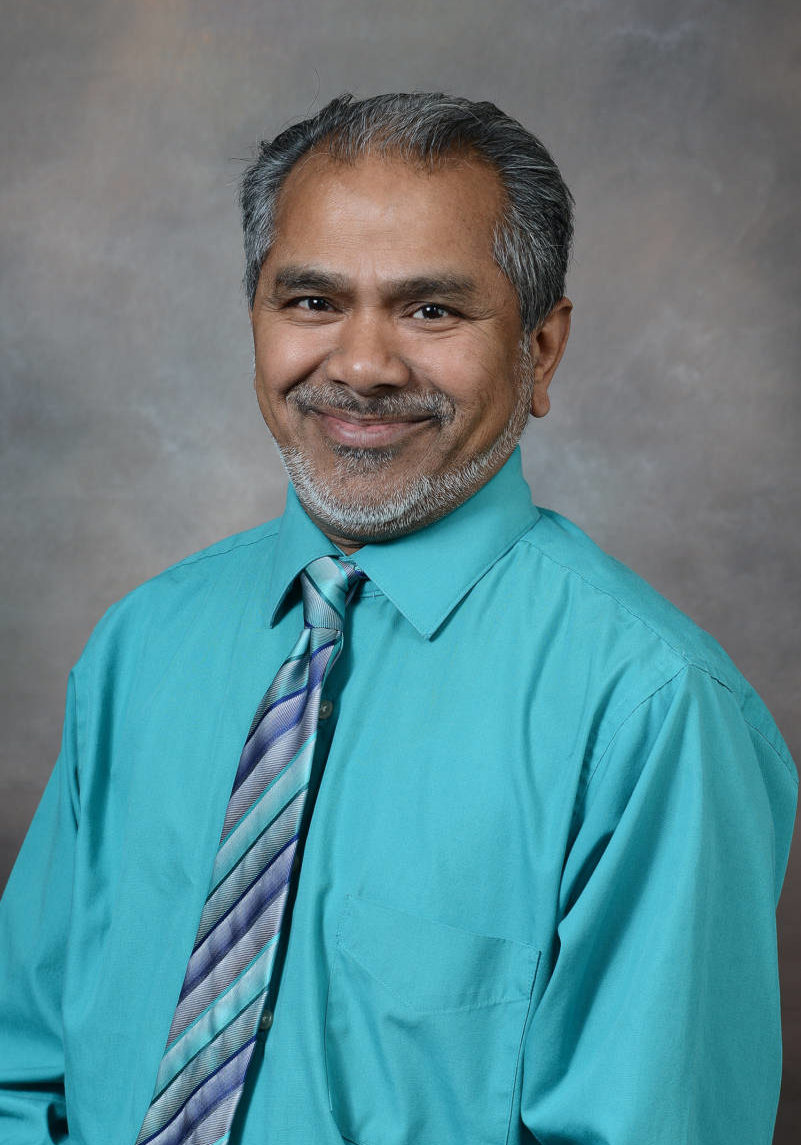

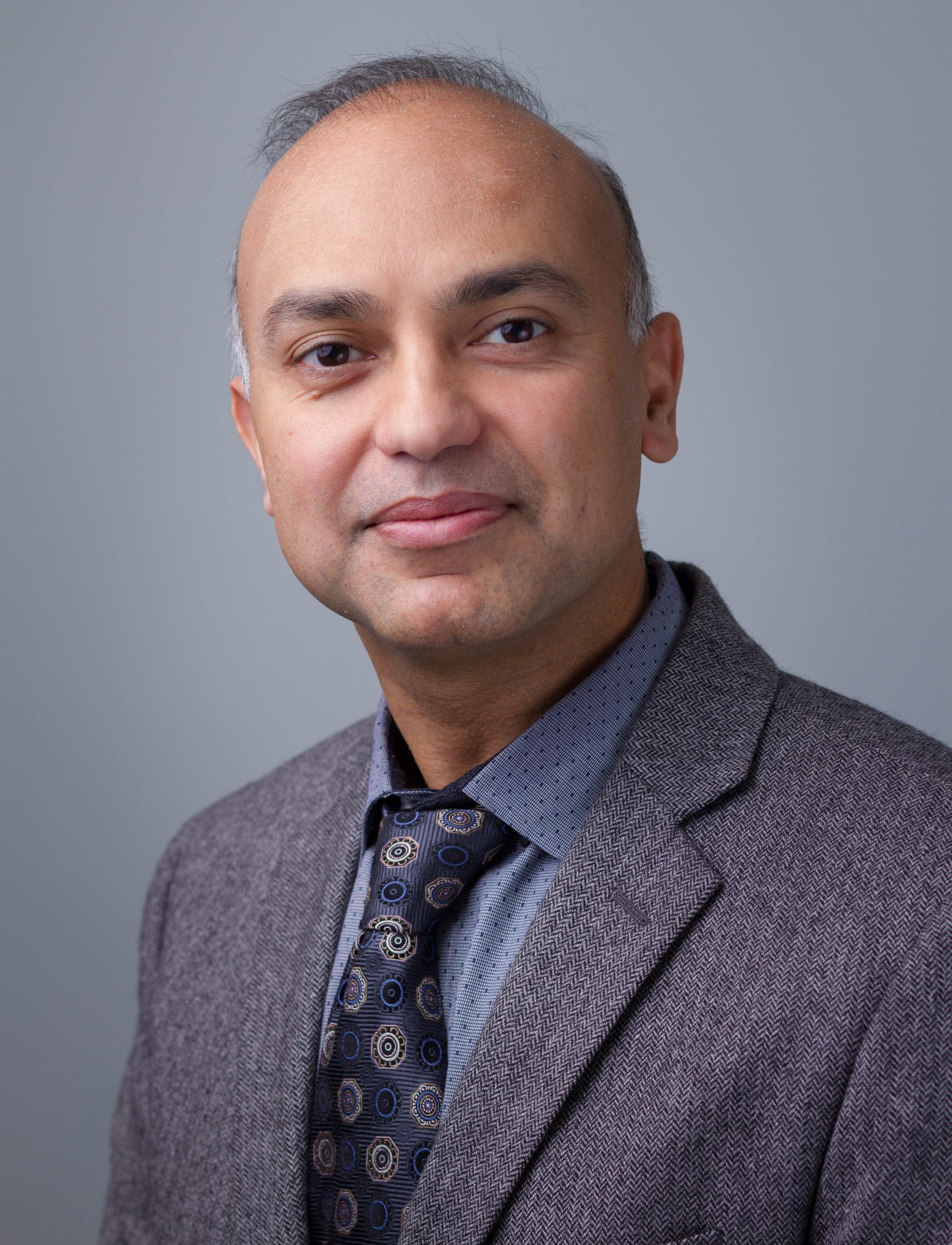

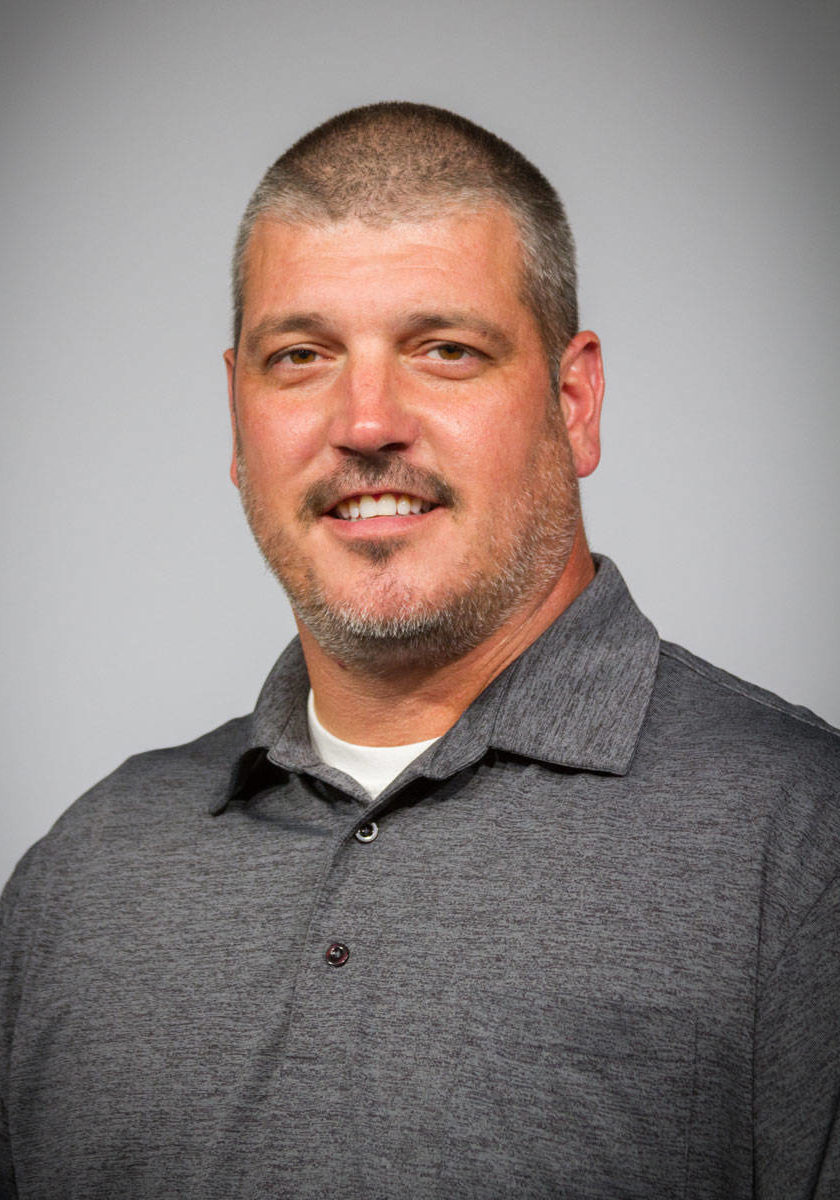
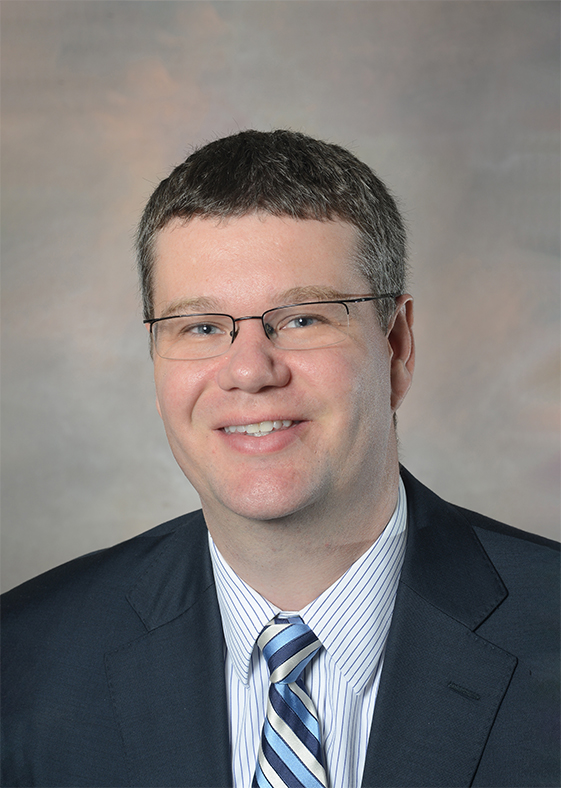




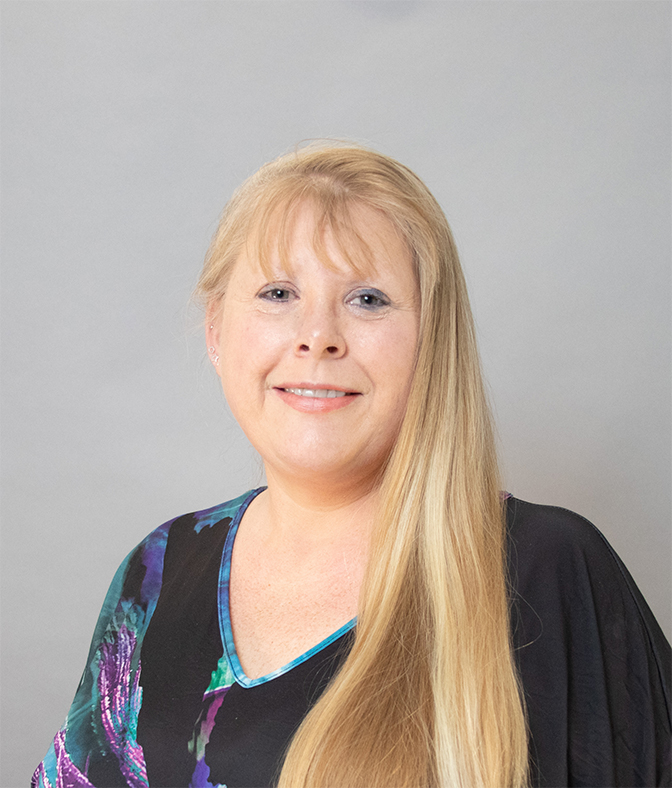
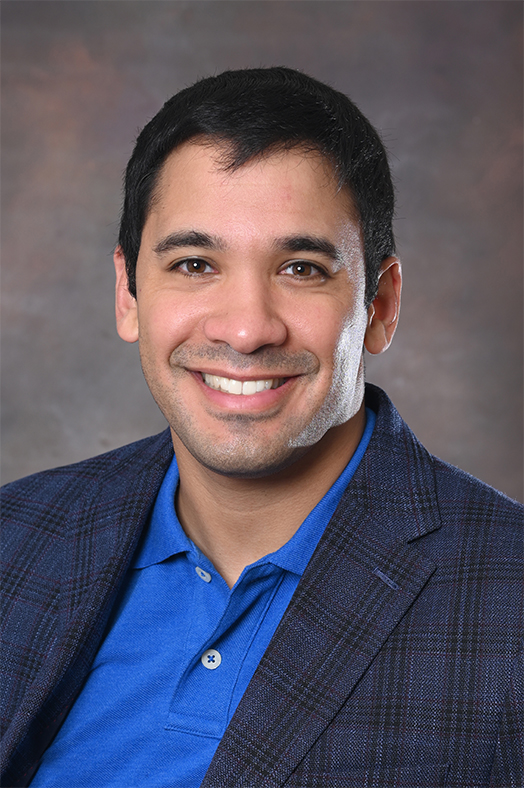


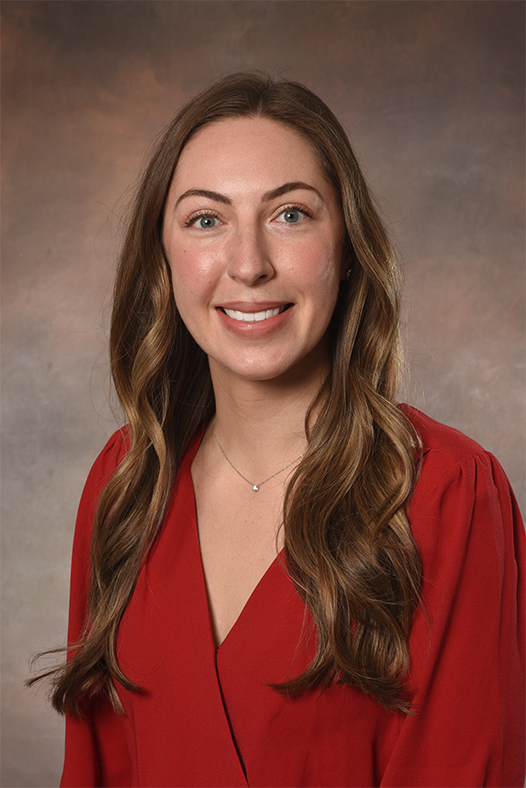



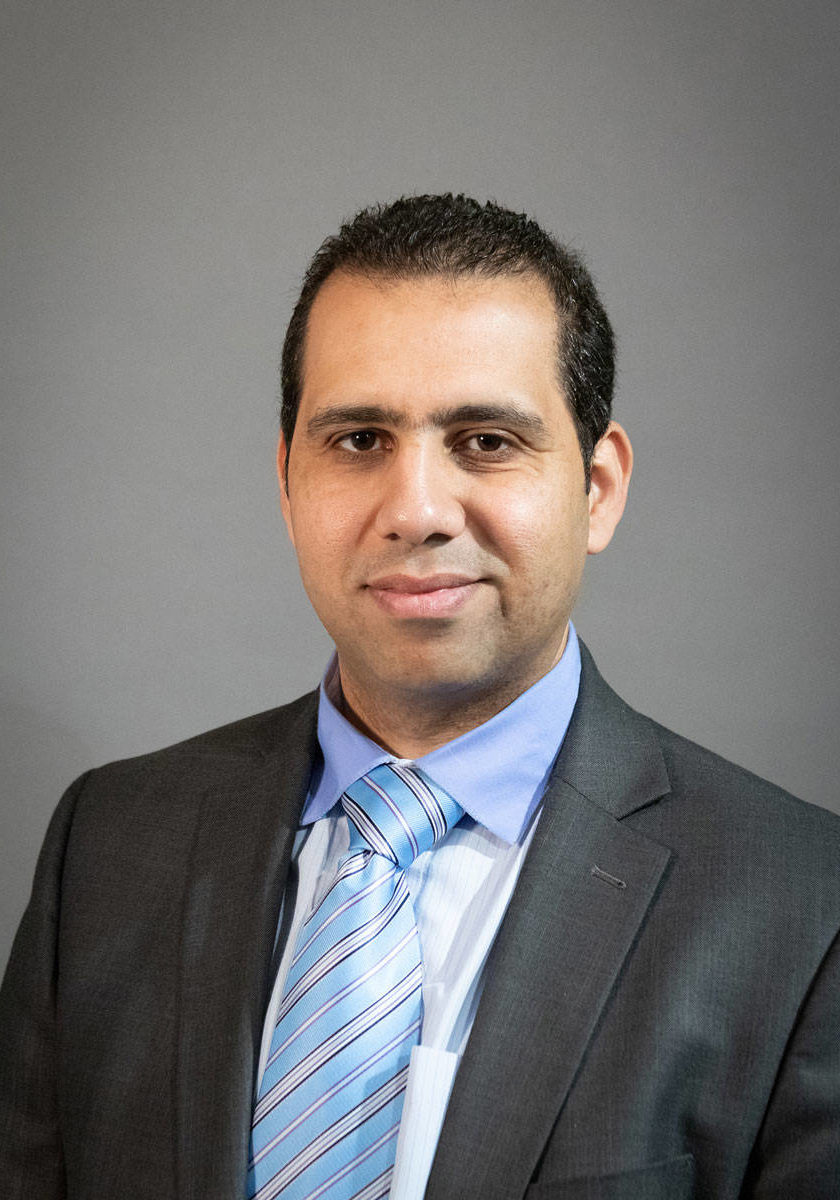





Recent Comments